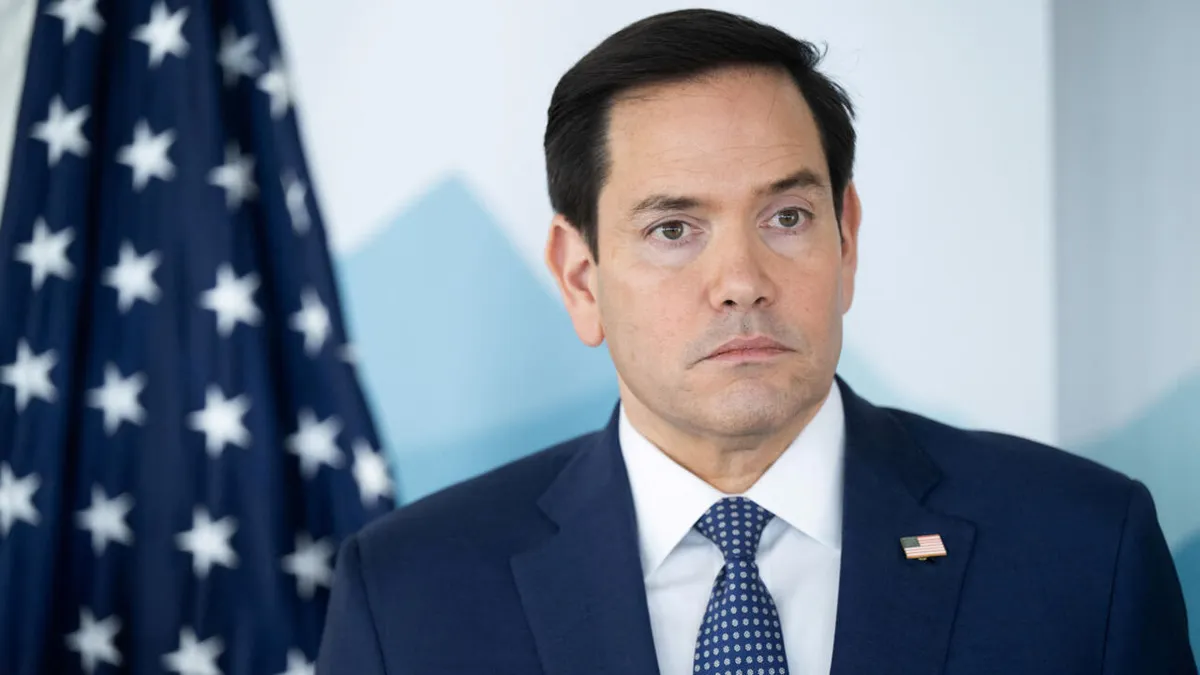
On Friday, US Secretary of State Marco Rubio announced that Ebrahim Rasool, South Africa's ambassador to the United States, has been declared persona non grata. Rubio characterized Rasool as a "race-baiting politician" who exhibits animosity towards America and former President Donald Trump. In a statement shared on the social media platform X, Rubio emphasized, "South Africa's Ambassador to the United States is no longer welcome in our great country. We have nothing to discuss with him, and so he is considered PERSONA NON GRATA."
Ebrahim Rasool presented his credentials to then-President Joe Biden on January 13, just a week before Trump took office, marking the official beginning of his tenure as ambassador. According to the South African embassy's website, this appointment represents Rasool's second term in Washington, D.C. However, the announcement of his expulsion marks a significant diplomatic rift.
In response to Rubio's declaration, the office of South African President Cyril Ramaphosa issued a statement expressing regret over the expulsion of Rasool. The statement urged its diplomatic officials to uphold established diplomatic decorum while addressing this matter. Ramaphosa's office reaffirmed South Africa's commitment to fostering a mutually beneficial relationship with the United States, despite the current tensions.
The relationship between the United States and South Africa has notably deteriorated since Trump cut US financial aid to the country. This decision was influenced by Trump's disapproval of South Africa's land policy and its case against Israel at the International Court of Justice. Trump has also made unsubstantiated claims regarding land confiscation and mistreatment of certain demographics in South Africa.
South African-born billionaire Elon Musk, who has close ties to Trump, has commented on the challenges faced by white South Africans under certain ownership laws. In January, President Ramaphosa signed a controversial bill aimed at facilitating land expropriation for public interest, sometimes without compensation to the owners. Ramaphosa has defended this policy, asserting that it is intended to address racial disparities in land ownership within the Black-majority nation.
As the situation evolves, both nations will need to navigate these complex issues to restore diplomatic relations and foster cooperation moving forward.